Spotting the difference between Organ and Organ system shouldn’t be must of a task. However, things can differ when they are in biology and this is exactly what happened between these two terms. An organ is a unit and used for a single part of a body while many organs combine together to form a complete organ system.
Well, this is something quite obvious, however, as per the definition of biology, we will need to look into some intricate details of things. In this article, we share the definitions of both terms, what they are and how they are used in the language. So without any further do, let us begin.
Organ:
Organs (an independent part of the body) are the functional units of an animal’s body that are made up of more than one type of tissue. Examples include the heart, lungs, liver, spleen, and kidneys. In the context of biology, this term shouldn’t be confused with ‘organ’, a musical instrument with the Greek origin. So in terms of biology, an organ is a part of the body as it is put forward by the scientists.
Also, you must keep in mind that not all parts of the body are organs. For instance, bones are a part of the skeletal system and not organs. As for the musical instruments, Pipe Organ and Organ are two instruments where this word is used. Anyway, this should be quite clear during communication because we generally know the context in which people talk.
As far as the scientific definition of an organ is concerned, it is known as a group of tissues in our body which are assigned a specific task in the organ system. In animals and higher mammals, the organs combine to form an organ system.
Organ System:
The next higher level of structural organization in animals is the organ system. An organ system is an association of organs that together perform an overall function. The organ systems in higher vertebrate animals are the integumentary, skeletal, muscular, nervous, endocrine, circulatory, lymphatic, respiratory, digestive, urinary, and reproductive systems.
The highest level of organization in an animal body is the organismic level. All parts of the animal body function with one another to contribute to the total organism—a living entity or individual. The organ system exists in our body to keep us running as living beings.
Animals need energy in order to survive. Many of the chemical reactions that produce energy are regulated by enzymes. Together, energy and enzymes are the driving and controlling forces in animals. All animals harvest energy from nutrients to fuel their metabolism with energy from ATP.
Summary of difference between Organ and Organ System:
While we are moving to the end, let us lay down a summary of the major differences between organ and organ system:
- An organ is a unit which is an individual part of the body while an Organ System is a group of all organs working together to perform and run our body.
- In English, Organ is also used for two musical instruments.
So this was the major difference between organ and organ system. Keep visiting our website to tackle more of such confusions.

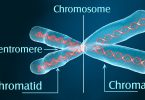
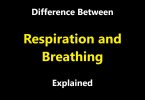
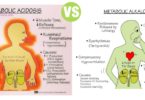
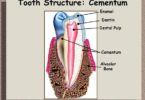

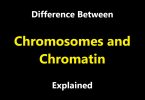
Leave a Comment
You must be logged in to post a comment.